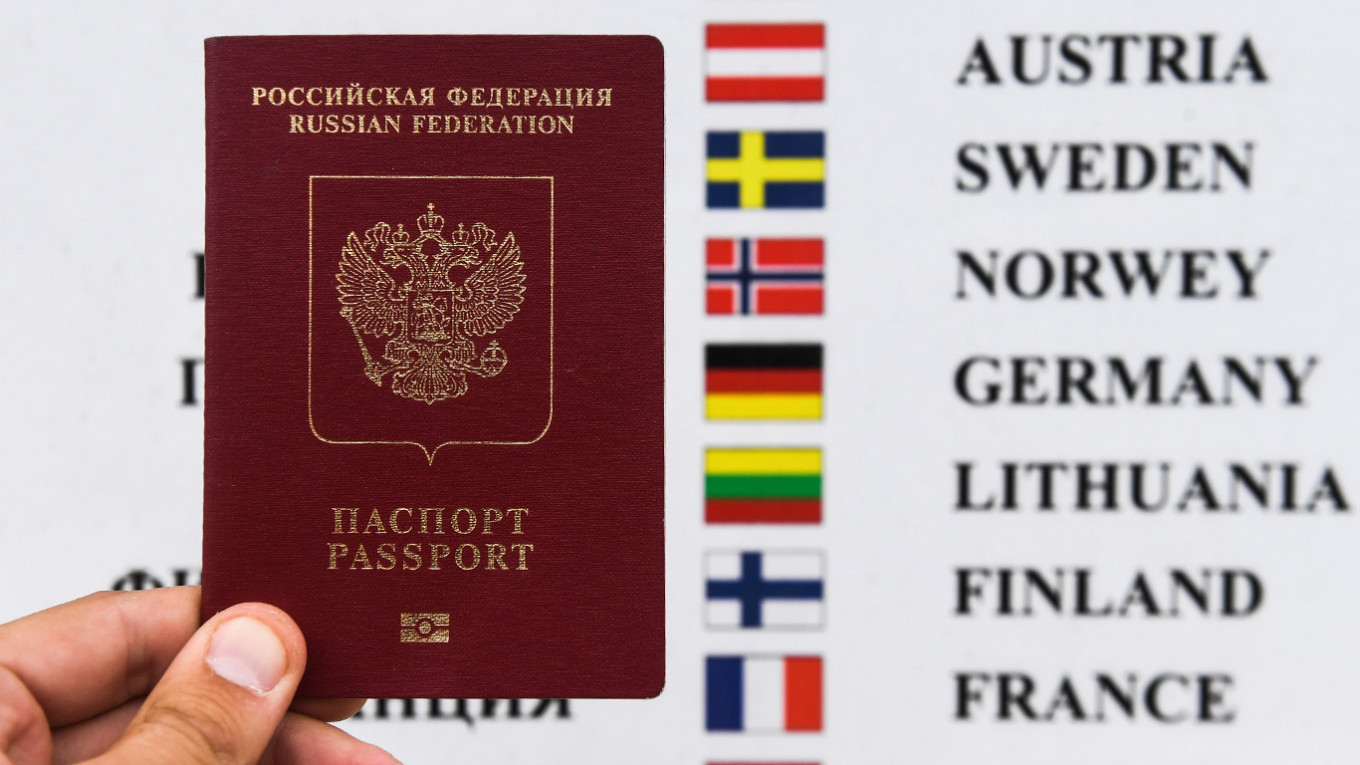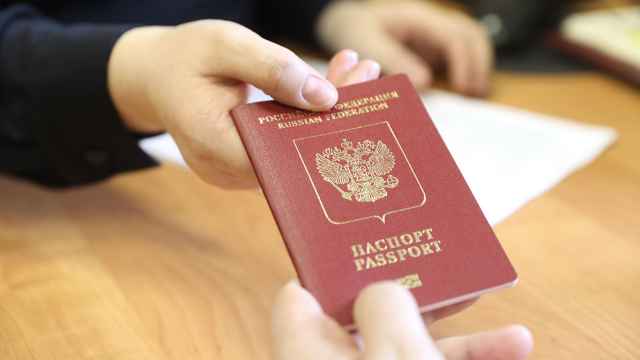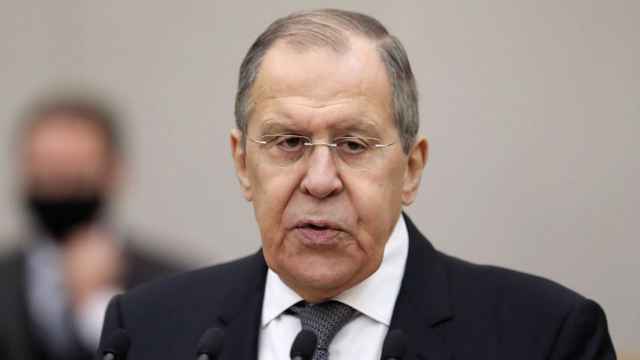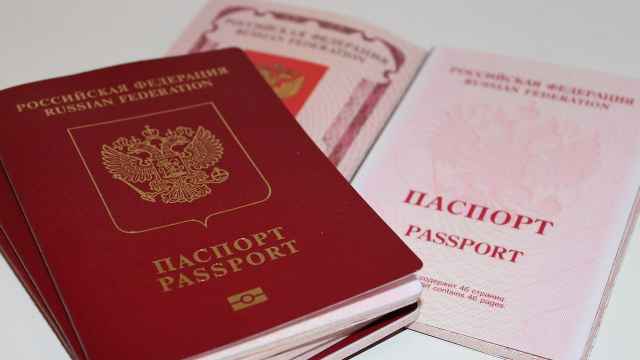The European Union will no longer issue multi-entry visas to Russian citizens residing in the country, its latest move to raise pressure on Moscow over its nearly four-year war on Ukraine.
“From now on, Russian nationals will no longer be able to receive multiple-entry visas. This means Russian nationals will have to apply for a new visa each time they plan to travel to the EU,” Brussels said in a statement.
The decision was taken to allow the bloc to conduct “close and frequent scrutiny of applicants to mitigate any potential security risk,” it said.
European Commission Vice President Henna Virkkunen said the move builds on previous steps and aims to curb Russian “sabotage, disinformation and drone incursions.”
Russian observers criticized the move as one that would affect ordinary citizens with no ties to President Vladimir Putin, including the hundreds of thousands of Russians who fled to Europe to escape political repression or military mobilization.
The EU first suspended its visa facilitation agreement with Russia in 2022 after the full-scale invasion of Ukraine, making it harder and more expensive for Russians to obtain travel documents.
Visa applications submitted by Russians will be subject to “enhanced verification” and “elevated levels of scrutiny,” said European Commissioner for Internal Affairs and Migration Magnus Brunner.
Exceptions will apply only in limited humanitarian cases, such as for independent journalists, dissidents and human rights defenders. Russians who also hold citizenship of an EU member state will not be affected.
“Traveling to and freely moving within the EU is a privilege, not a given,” said EU foreign policy chief Kaja Kallas.
According to the European Commission, Russian citizens have received around 552,000 Schengen visas in 2025, nearly 100,000 more than last year but far below the 4 million issued in 2019.
Most visas were granted by Italy, France and Spain, while the Baltic states have imposed near-total entry bans on Russian travelers.
The European Commission reportedly plans to publish a new strategy in December outlining how visa policy can serve as a geopolitical tool to counter Russian influence and strengthen the EU’s external security.
Moscow was quick to criticize the move on Friday.
“Europe apparently doesn’t need solvent tourists when there are migrants and draft dodgers from Ukraine,” Foreign Ministry spokeswoman Maria Zakharova told the state-run TASS news agency.
A Message from The Moscow Times:
Dear readers,
We are facing unprecedented challenges. Russia's Prosecutor General's Office has designated The Moscow Times as an "undesirable" organization, criminalizing our work and putting our staff at risk of prosecution. This follows our earlier unjust labeling as a "foreign agent."
These actions are direct attempts to silence independent journalism in Russia. The authorities claim our work "discredits the decisions of the Russian leadership." We see things differently: we strive to provide accurate, unbiased reporting on Russia.
We, the journalists of The Moscow Times, refuse to be silenced. But to continue our work, we need your help.
Your support, no matter how small, makes a world of difference. If you can, please support us monthly starting from just $2. It's quick to set up, and every contribution makes a significant impact.
By supporting The Moscow Times, you're defending open, independent journalism in the face of repression. Thank you for standing with us.
Remind me later.






